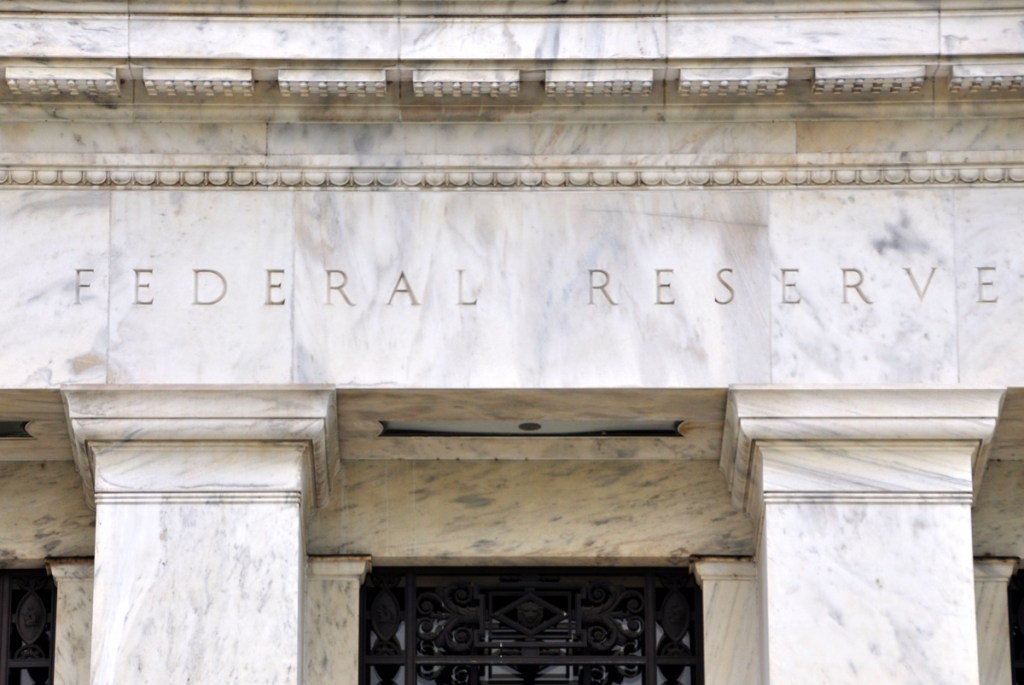The Federal Reserve (Fed) on Wednesday did something it hadn’t done in more than two decades: it raised the federal funds rate by 75 basis points, to 1.50-1.75%, a hike not seen since 1994.
The decision, designed to slow the pace of inflation, which reached 8.6% in May — the highest mark in more than 40 years — has potential to increase the cost of mortgage borrowing.
“Overall economic activity appears to have picked up after edging down in the first quarter,” the Federal Open Markets Committee said in a statement Wednesday afternoon. “Job gains have been robust in recent months, and the unemployment rate has remained low. Inflation remains elevated, reflecting supply and demand imbalances related to the pandemic, higher energy prices and broader price pressures.”
Fed officials expect the unemployment rate will increase to 3.7% this year and to 4.1% by 2024. The Fed expects growth will slow as borrowing costs rise and economic demand drops. Interest rates are expected to hit 3.4% by the end of 2022 – the highest level since 2008, with rates peaking at 3.8% by the end of next year. Prior estimates had rates topping out at 2.8% by the end of 2023.
The Fed also forecast a cut in rates in 2024, recognition that its efforts to fight inflation will likely weaken the economy, forcing it to stimulate it again in 2024.
“The Committee is strongly committed to returning inflation to its 2% objective,” the FOMC said in a statement Wednesday afternoon. The statement removed a line from its May guidance that had indicated Fed officials expected inflation to return to 2% and that the labor market would remain strong as it raised rates.
What lenders should know about today’s economic climate
Between continuing rate hikes from the Federal Reserve, the ongoing war in Ukraine and continued economic recovery following the pandemic, mortgage lenders across the country are managing a volatile housing market. Learn how updating your mortgage technology stack can help you get ahead in today’s unpredictable lending environment.
Presented by: Polly
The FOMC’s outlook on inflation remains largely unchanged from March. Its gauge of inflation – called core PCE, which excludes volatile food and energy prices – has increased 4.3% this year, up from a projected 4.1% last month.
During a news conference following the Fed’s committee meeting, Chairman Jerome Powell said, “clearly, today’s 75-basis-point increase is an unusually large one and I do not expect moves of this size to be common. From the perspective of today, either a 50 bps or a 75 bps increase seems most likely at our next meeting.” The Fed will meet again in July.
However, Powell said the central bank will react to incoming data.
“Any guidance that we give is always going to be subject to things working out about as we expect,” he said. “I like to think though that our guidance is still credible, but it’s always going to be conditional on what happens.”
The Fed’s tightening monetary policy started in March, when the FOMC raised rates by 25 bps to 0.25-0.50%, the first time it changed the rate in two years, and the first-rate hike since March 2018, marking an end to the easy money that gave rise to the hottest mortgage market in U.S. history.
Another move took place in May, when the central bank approved a 50 bps increase to 0.75-1%, in conjunction with a plan to shrink its $9 trillion asset portfolio beginning in June.
Last Friday, when a separate measure of inflation was published, showing an 8.6% increase in May, the market shifted its expectations around how aggressive the Fed would be this week: consensus average previously was on a 50 bps hike, which later increased to 75 bps.
Mortgage rates jumped as a result, with 30-year fixed rates reaching more than 6% this week. Just before the Fed’s decision, mortgage applications increased 6.6% from the prior week, according to the latest Mortgage Bankers Association survey for the week ending June 10.
“Mortgage rates going forward will continue to be responsive to changes in expectations around the Fed’s policy path, as well as inflation expectations,” Ruben Gonzalez, chief economist at Keller Williams, said in a statement. “The housing market is still extremely tight, with inventory levels remaining near historic lows, leaving room for the market to absorb falling demand.”
According to Realtor.com’s chief economist Danielle Hale, because the Fed’s future actions will depend on how economic conditions evolve, the biggest focus will be on the Fed’s July meeting.
“It’s not just actual rates that matter, but rates and overall monetary posture against expectations,” she said in a statement Wednesday.
What does it mean, exactly? As Hale explained, if the Fed can manage concerns that it’s moving too fast or too slow, the recent volatility could subside. Conversely, if the Fed comes across as too easy or too harsh on inflation, a new round of volatility could occur, sending rates on a new upward surge.
Regarding the mortgage and housing markets, Powell imparted a message: “Prices may keep going up for a while even when rates are up. So it’s a complicated situation,” he said. “We need to get back to a place where supply and demand are back together and where inflation is low again.”






